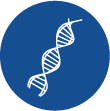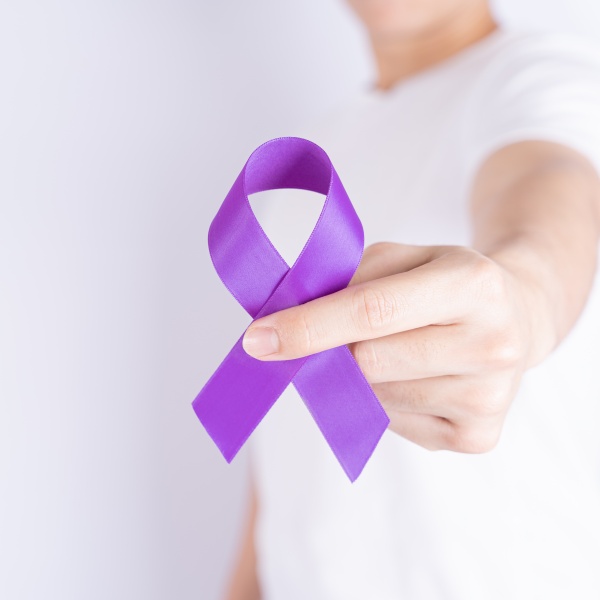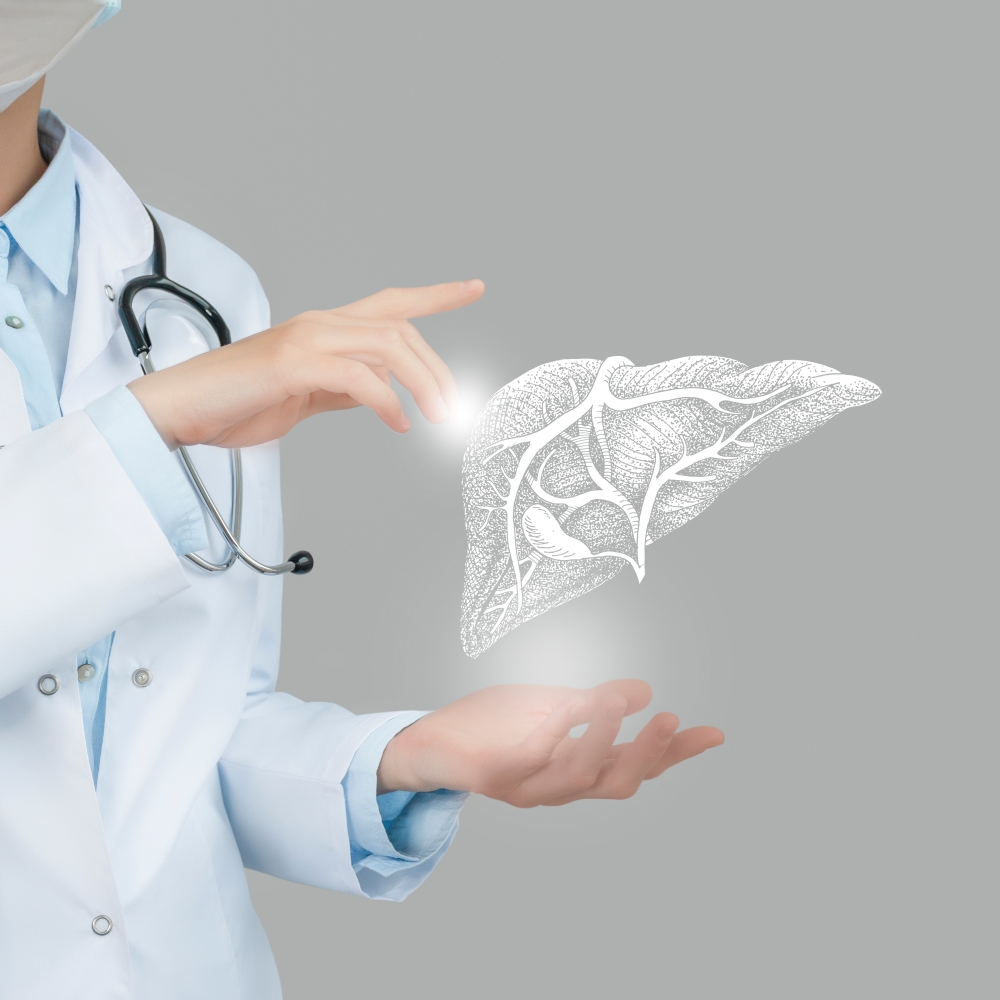6 Healthy Lifestyles that help reduce the risk of developing cancer
In the next 6 years, we may see an increase of over 19 million cancer patients!
However, we can prevent cancer through 6 Healthy Lifestyle practices that help reduce the risk of developing this cancer.
The global trend in the number of cancer patients is continuously rising. The World Health Organization (WHO) predicts that by the year 2030, there will be a new increase of up to 27 million patients compared to 2020, where there were 19 million new cases. Approximately 40% of cancer cases can be prevented by adopting a Healthy Lifestyle in our daily lives.
In observance of World Cancer Day, the BDMS Wellness Clinic promotes individual to take care of your health and reduce the risk of cancer. Here are 6 practical methods:
1. Quit Smoking and Reduce Alcohol Consumption:
Smoking is a known carcinogen, putting both active and passive smokers at risk of developing cancer. Those who quit smoking tend to have a longer life expectancy. Additionally, excessive alcohol consumption damages the digestive system, increasing the risk of seven types of cancer. Combining smoking and alcohol further raises the likelihood of developing cancer in the mouth or throat.
2. Maintain a Healthy Weight and Exercise Regularly:
Maintaining an appropriate weight and preventing weight gain helps reduce the risk of various cancers as fat is a source of inflammation in the body. Weight management involves choosing a nutritious diet and regular physical activity. Exercise not only helps control weight but also reduces the risk of up to 8 types of cancer. Engaging in at least 30 minutes of cardio exercise five days a week, coupled with strength training and flexibility exercises, significantly benefits overall health.
3. Consume Healthy Foods:
Foods such as legumes, whole grains, vegetables, and fruits provide essential dietary fiber, vitamins, minerals, and antioxidants, reducing the risk of cancer. Avoiding processed meats such as sausages, salami, ham, and bacon (Group 1 carcinogens) and limiting red meat intake to less than 6 servings per day is advised. Including, cutting down on sugary drinks and opting for water as the primary beverage is recommended.
4. Be Sunsmart:
While UV rays are necessary for synthesizing vitamin D, excessive sun exposure can lead to skin cancer. Avoid direct sunlight during peak hours, apply sunscreen regularly, seek shade, wear protective clothing, and use sunglasses to minimize the risk of skin cancer.
5. Vaccination:
Viral infections contribute to cancer development, such as Hepatitis B virus (HBV) causing liver cancer and Human Papillomavirus (HPV) being a major cause of infections leading to genital and anal cancers. Vaccination is an effective way to prevent certain cancers. Consult a specialized healthcare professional to determine suitable vaccines.
6. Schedule Health Screenings for Cancer Detection:
Regular health check-ups not only aid in preventing various diseases but also enable early cancer detection. Screening methods include blood tests for cancer markers, mammograms for breast cancer screening, colonoscopies for colorectal cancer, Pap smears for cervical cancer, and imaging studies like X-rays and CT scans. Discuss with a healthcare specialist to tailor cancer screenings that suit individual needs.
BDMS Wellness Clinic
LINE: @bdmswellnessclinic or https://lin.ee/iYwglTy
Reference
- Thun MJ, DeLancey JO, Center MM, Jemal A, Ward EM. The global burden of cancer: priorities for prevention. Carcinogenesis. 2010;31(1):100-10.
- Preventing cancer [Internet]. World Health Organization; [cited 2023 Dec 12]. Available from: https://www.who.int/activities/preventing-cancer
- IARC Monographs evaluate consumption of red meat and processed meat. (2015). International Agency for Research on Cancer: IARC. Available at: https://www.iarc.fr/wp-content/uploads/2018/07/pr240_E.pdf [Accessed 20 October 2023].




